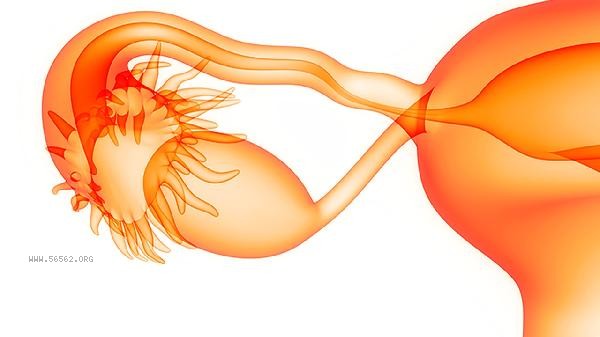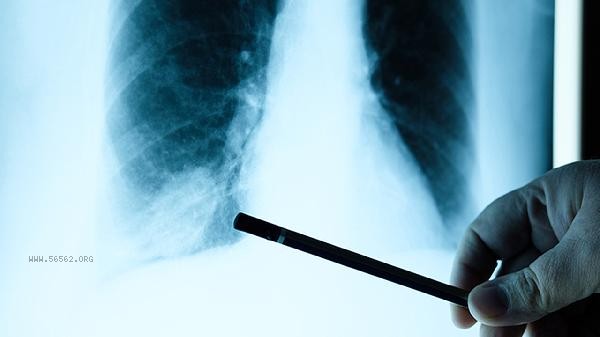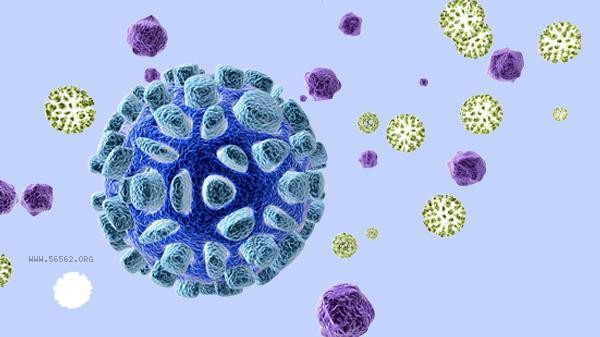Elevated creatine kinase is usually not directly associated with cancer and mainly reflects muscle or myocardial damage. Common causes include intense exercise, muscle trauma, myocarditis, hypothyroidism, medication side effects, etc.

1. Exercise factors:
Creatine kinase can increase by 3-10 times within 24 hours after high-intensity exercise, especially in endurance sports such as marathons. The temporary increase in membrane permeability of skeletal muscle cells leads to enzyme release, which usually recovers on its own within 3-7 days. It is recommended to replenish electrolytes after exercise to avoid repeated testing in the short term.
2. Muscle injury:
Trauma, compression injury, or muscle injection may cause local muscle fiber rupture. Creatine kinase levels can reach 5-20 times the normal upper limit, and caution should be taken against rhabdomyolysis when accompanied by myoglobinuria. Mild injuries can be relieved by cold compress braking, while severe cases require intravenous hydration treatment. 3. Heart disease: During acute myocardial infarction, the specificity of creatine kinase isoenzyme CK-MB increases, with a peak occurring 24 hours after onset. Myocarditis and cardiac surgery can also cause numerical abnormalities, usually accompanied by chest pain and changes in electrocardiogram. It is necessary to make a comprehensive judgment based on cardiac markers such as troponin.
4. Metabolic disorders:

Hypothyroidism patients experience a 2-3 fold increase in values due to a decrease in metabolic rate and slower clearance of creatine kinase. In case of diabetes ketoacidosis, muscle decomposition is caused by osmotic diuresis, and the value may exceed 1000U/L. The primary disease needs to be treated with hormone replacement or insulin therapy.
5. Drug effects: The incidence of muscle toxicity caused by statins is about 0.1% -0.5%, manifested as muscle pain accompanied by elevated creatine kinase. Antipsychotic drugs, anesthetics, etc. may also interfere with the test results. It is recommended to monitor regularly during medication and adjust the medication plan if necessary.
The discovery of elevated creatine kinase should be evaluated comprehensively in conjunction with clinical manifestations. It is recommended to avoid vigorous exercise before testing and to check creatine kinase isoenzyme simultaneously when reviewing abnormal results. Long term unexplained elevation requires screening for genetic diseases such as muscular dystrophy. Daily attention to supplementing vitamin D and coenzyme Q10 can help with muscle metabolism. If the value continues to exceed 5 times the normal value or is accompanied by symptoms such as muscle weakness and darkened urine color, it is necessary to seek medical attention promptly to investigate pathological factors.










Comments (0)
Leave a Comment
No comments yet
Be the first to share your thoughts!